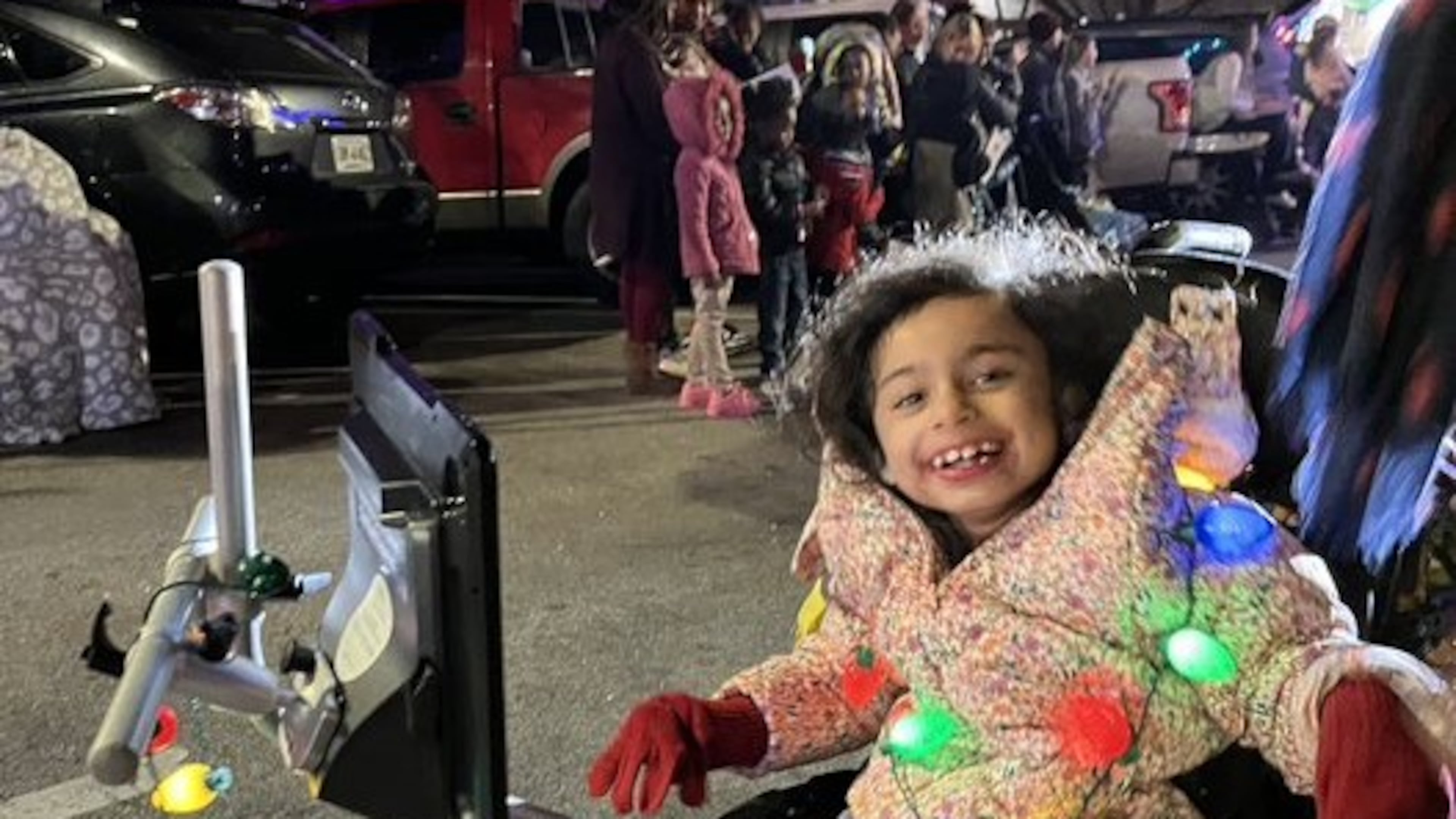My child isn’t welcome at summer camp

As spring arrives in Georgia, my social media groups start buzzing with excitement and anxiety about registering children for summer camps. This is a high-stakes and competitive activity for many parents in Athens, a university town where many babysitters are college students who return home in the summer.
Parents share spreadsheets and Google docs; there are long, dedicated social media posts and newsletters and email blasts that put together long lists of summer possibilities. There’s a frantic energy to it all, since low-cost and popular camps have limited spots and are quickly filled. Without options, parents who require childcare are looking at having to spend thousands of dollars in costs if they work and have no family member or friend to help.

Over the past few years, I have watched these scenes play out with amazement and annoyance. Apart from our one option in the area, the extraordinary organization Extra Special People (which also has limited spots), every other place we had inquired from said that our child Kalika, who has the rare neurological disorder Rett syndrome, would need to have an accompanying adult to take care of her at camp.
That means one parent would need to be in camp the whole day (and who wants their parent with them at camp all day?), or we would need to pay a babysitter hundreds of dollars a week to attend with her, paying for both camp and a sitter.
I thought of exploring camps operated by Athens-Clarke County, but I kept hearing over the years that only children who can self-feed and use the toilet by themselves can attend. My daughter cannot do either because she has poor functional hand use and cannot walk independently.
Until this year, it never occurred to me to question this “policy.” I think that those inside the system know that parents of children with significant disabilities are too overwhelmed and tired fighting their child’s medical issues to go to war on other fronts. This year, I finally checked out my county’s camp site, which proclaims:
What makes summer camp with Athens-Clarke County Leisure Services awesome? Where else can you go behind the scenes and learn animal care at Bear Hollow Zoo, design your own theatrical or dance production, practice your canoe and archery skills, get skateboarding and triathlon coaching, learn all about fashion design and sewing, hang out with friends all day, and have fun – right here in Athens? We have it all!
I decided to get clarity on their position. I wrote and here was the response: “Yes...campers are required to be independent with feeding and toileting.”
So, “We have it all!”— but only for children who have hand function and can walk.
Now, my beautiful, brilliant daughter attends school in this same county in an inclusive setting with an amazing team intent on giving her the world, even as she deals with serious medical issues and disabilities. She is afforded an education and opportunities for social, cultural and intellectual stimulation, just like every other child in her school.
However, my county’s approach to summer camp is different. ACC takes my tax dollars and my husband’s, only so that non-disabled children are able to attend summer camp. My own daughter is not welcome there.
In fact, we cannot even apply since self-feeding and toileting are a condition of being part of programming. I have spoken with other parents who have met with the same cruel closed doors for their children. This practice, it would appear, conflicts with the Americans with Disabilities Act.
The Americans with Disabilities Act requires that summer camps (both private and those run by towns or municipalities) must provide reasonable modifications of their policies, practices and procedures when necessary to enable campers with disabilities to participate, unless the camp can demonstrate that the necessary modifications would fundamentally alter the nature of their services and activities.
The ADA seeks to guarantee that individuals with disabilities have the same opportunities as everyone else to participate in mainstream life. When city-run camps require children to independently manage tasks such as toileting and feeding without even attempting to provide necessary accommodations, they appear to be erecting barriers to participation and denying children benefits that camp offers.
The World Health Organization has emphasized the importance of including individuals with disabilities in recreational activities for their social integration and overall well-being. Summer camps are also bridges across different academic years, helping support educational continuity and learning.
Inclusive summer camps can serve as important venues for the development of social and interpersonal skills. Summer camps can help create spaces where children with disabilities feel more accepted and valued. Additionally, for already overwhelmed caregivers, it can offer some measure of support during the long summer.
The exclusion of children with disabilities is a breach of our collective responsibility to nurture a just and equitable society. This isn’t merely about the children who are denied access to enriching experiences; the ripple effects extend to their families and the wider community. It is a question of wider social good.
WIth camp registration underway in many Georgia communities including mine, I hope all parents speak up and require that our counties try to embrace all children and do what is ethically and morally right.
Usree Bhattacharya is an associate professor in the Language and Literacy Education Department of the College of Education at the University of Georgia. Her research is inspired by questions of diversity, equity and access in multilingual educational contexts. Motivated by her daughter Kalika’s diagnosis of Rett Syndrome in 2018, she’s been investigating language and literacy socialization within this severe, complex and multi-disability context. She directs UGA’s Bhattacharya Rett Lab, which focuses on researching communication in Rett syndrome. The views in this guest column represent her own, and not those of UGA.
More Stories
The Latest


